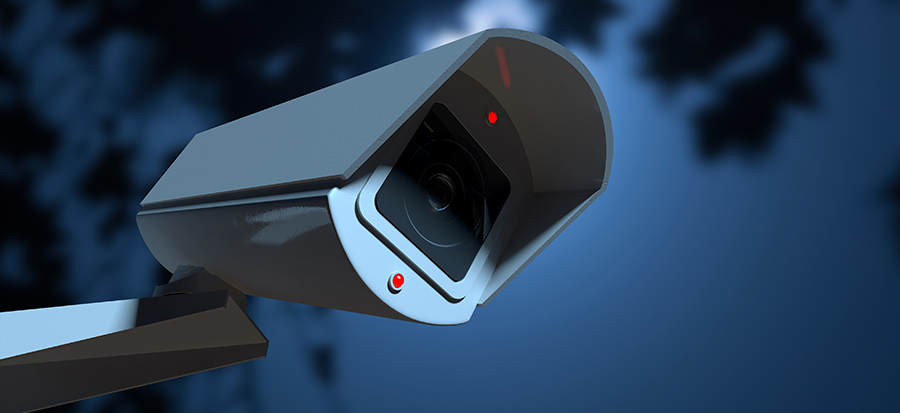Does Low Light Surveillance Really Work?

While today’s security cameras are more high tech, taking better quality footage than ever, they’re not always producing the same quality in all conditions. In low-light situations, for instance, your standard security camera may not produce the type of quality footage you really need. If you’re placing a security camera on the outside of your business in , to point into the street at night, or a camera on the outside of your home for nighttime use, you may want to look further into the capabilities of your chosen unit.
If the recording area is improperly lit, and your camera isn’t suited to low-light situations, a burglar in , could stroll into and out of the frame without ever being caught on camera well enough to create decent usable evidence. For these situations, it’s best to look out for infrared security cameras, and cameras that are built to function best without supporting light.
Shedding Light On The Low-Light Misconceptions
There are several misconceptions surrounding low-light surveillance cameras in , . While these are unfounded, they do deter some from opting for a low-light camera, despite being what they really need to optimally protect their home or business. Some common misconceptions about low-light surveillance cameras are:
- Low-light cameras are all the same – One of the biggest misconceptions about low-light cameras is that they’re all the same. A thermal imaging camera, a FLIR camera, and a typical low-light camera aren’t the same. Most low-light cameras use IR cut filters, which gives the cameras the ability to operate effectively in both high light and low light conditions, while a thermal imaging camera will only pick up differences in temperature. A thermal imaging camera, for instance, shouldn’t be used to serve as crime evidence as it won’t provide a clear picture of features, only a shape guided by temperature.
- Low-light cameras always show a clear facial image – While in an ideal world all cameras will provide universally good quality facial photos, this isn’t the case. If you desire highly detailed photos from your low-light camera, distance is your biggest factor to consider. If your camera is set to its widest setting and tasks with surveying a wide area, you’re not like to get the type of detailed images you need.
- Low light means no light – Another huge misconception is that low light means no light, and low-light cameras do not require any light at all. While low-light cameras do require a little bit of light to work with, the ambient light of the moon and stars, faraway street lights, or city and suburban light pollution are perfectly sufficient.
Protected During Day Or Night
Low-light surveillance camera systems keep your home or business in , protected during all times. These types of cameras aren’t just working at night, but during the day as well, capturing footage for you and deterring any criminals that may be thinking about coming your way. For top quality protection, investing in a low-light surveillance camera is something that any property owner should consider.
Categories
- Access Control
- Alibi Cloud
- Business Security
- Cybersecurity
- Digital Video Recorders
- Hidden Cameras
- Home Automation Systems
- Home Security
- Loss Prevention
- Network IP Security
- Public Facilities
- School Security
- Security
- Security Camera Technology
- Success Stories
- Understanding Security Surveillance
- Video Security Systems
- Wireless Security
.png)